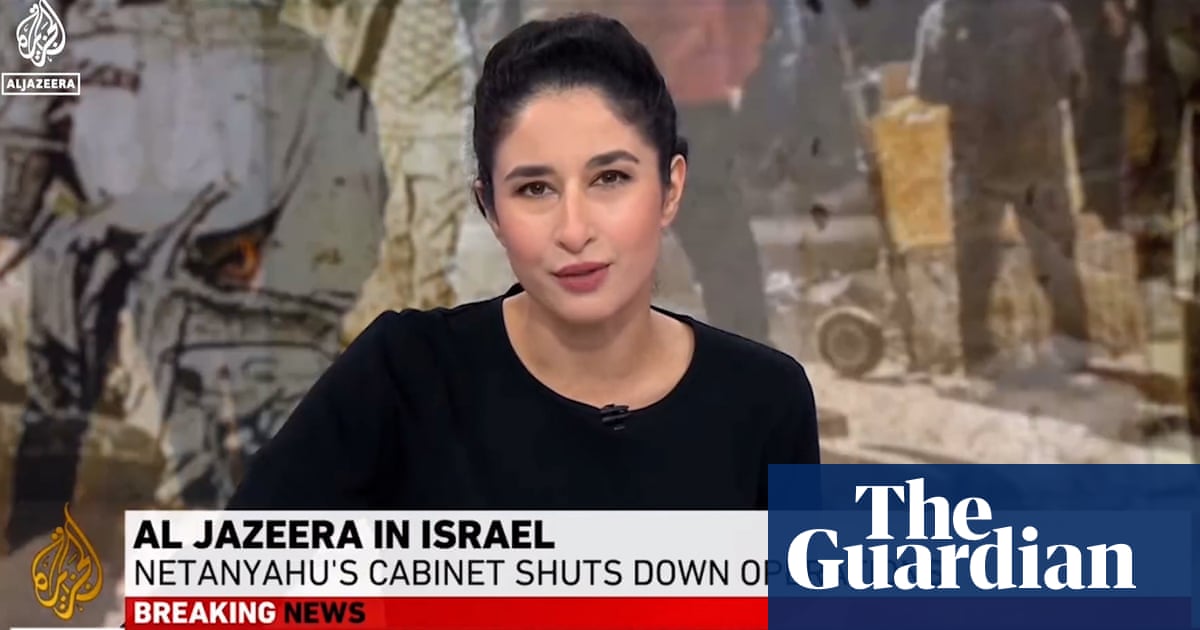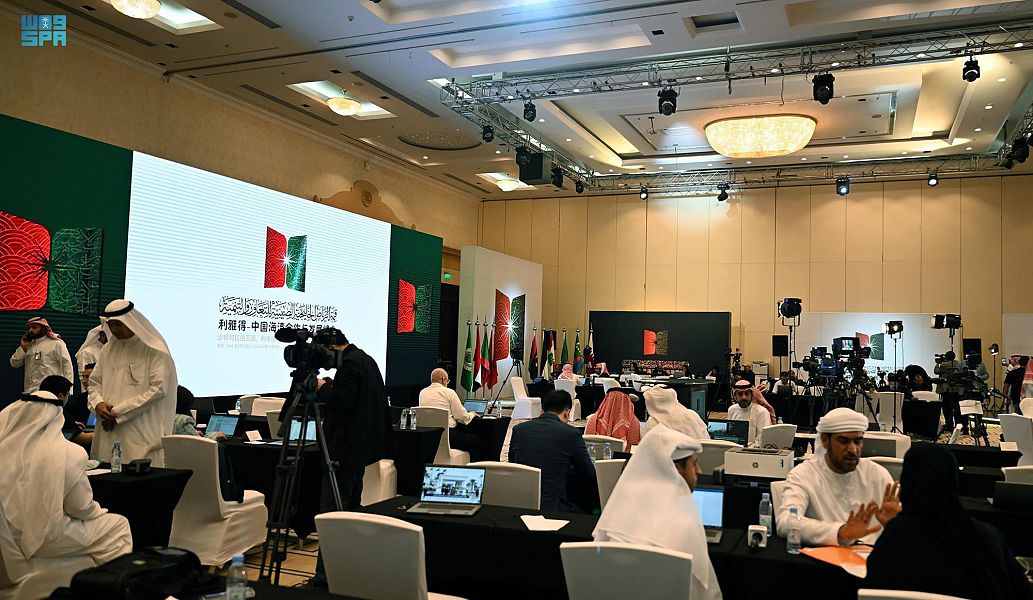
This week a damning review found that one of the highest-profile government-backed regeneration schemes in Britain, Teesworks in the north-east, had “a culture of excessive confidentiality” that meant it was hard to tell if it was providing value for money.
That anyone has heard about it at all is in large part down to the dogged reporting of Private Eye’s Richard Brooks, who published his first story about it in March 2022. But it should have been looked at – by a local newspaper – earlier than that, he reckons. “Local journalists should have been scrutinising the mayoral authority and development corporation years before,” he says. “But they don’t have the resources, and that turns into a lack of ability – and will – to scrutinise.”
As the Guardian Councils in Crisis project shows, there is no shortage of stories to be rooted out in the workings of local authorities – but there is a dearth of people to write them. According to the Charitable Journalism Project, there are probably fewer local newspapers in Britain now than at any time since the 18th century, and the number continues to decline: more than 320 local titles closed between 2009 and 2019 as advertising revenues fell by about 70%.
In the last 12 months alone, Reach, publisher of the Liverpool Echo and the Manchester Evening News as well as the Mirror and Express titles, has slashed 800 roles in several bruising rounds of cuts. Local newspaper barons are largely extinct, with much local news local in name only – an amalgamation of copy from news agencies, repurposed content from sister titles, press releases and letters.
What kind of impact does it have on local democracy? “We don’t know what we don’t know,” says Rasmus Nielsen, director of the Reuters Institute for the Study of Journalism. “We can’t say for sure it is having a corrosive effect, but there is every reason to be deeply concerned.”
Bob Neill MP, chair of the justice select committee, says he worries about the decline in local court reports too. “It’s all part of the same story,” he says. “Fixing it will be very difficult, but at least we have to start having a discussion.”
It’s not just the number of local journalists that has fallen off a cliff: the number of people actually caring about local news, at least as printed by traditional publications, has dropped too. In 2015, 22% of UK adults said they had got news from a local or regional newspaper in the past week; by 2023, the figure had dropped to 12%, according to the Reuters Institute’s annual digital news report survey. In 2020 it also asked those that do read local news if they’d miss it if it went out of business: only a quarter said they would “miss it a lot”.
But people who do follow local news are more likely to participate in political processes and engage in their local community, says Nielsen. It also helps keep local officials honest. “It reduces the risk of mismanagement and increases the chance that local officials vote in line with what their constituents want,” he says.
So, is there anything that can be done to halt the decline? There are small shoots of regrowth with the rise of small independent media like Mill Media and the Bristol Cable; the BBC funds journalists at other regional organisations through the local democracy reporting service.
Last year a cross-party group of MPs recommended that the government should set up an innovation fund, look at ways to make it easier for local news organisations to become charities and encourage more philanthropic funding of local news. They could go further: in Nordic countries, news outlets can apply for direct subsidies from the state.
But at the moment, nothing is being done on a governmental level – itself a political choice. With others unlikely to step into the breach, local news must be its own saviour, says Nielsen, as hard as it is for embattled local news providers to hear. “The harsh fact is news organisations are the ones with the clear and urgent interest in turning this around,” he says. For local democracy’s sake, everyone else must hope that they do.











